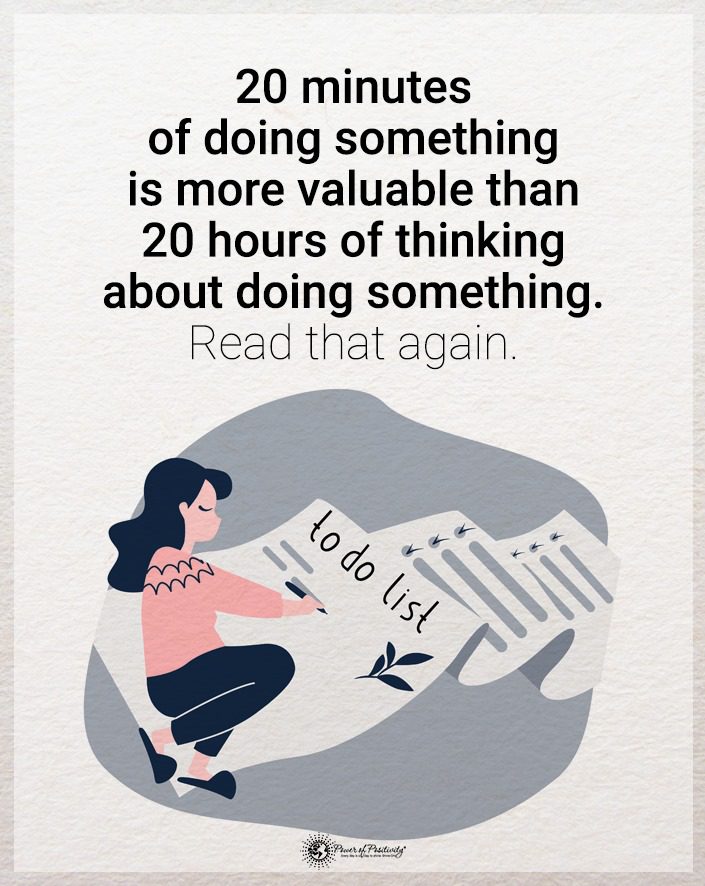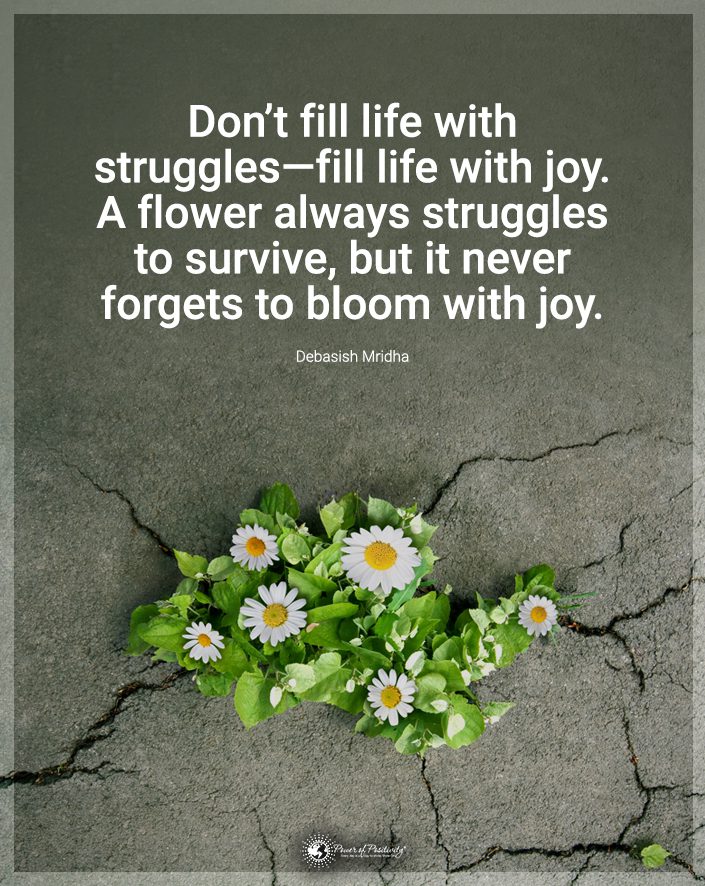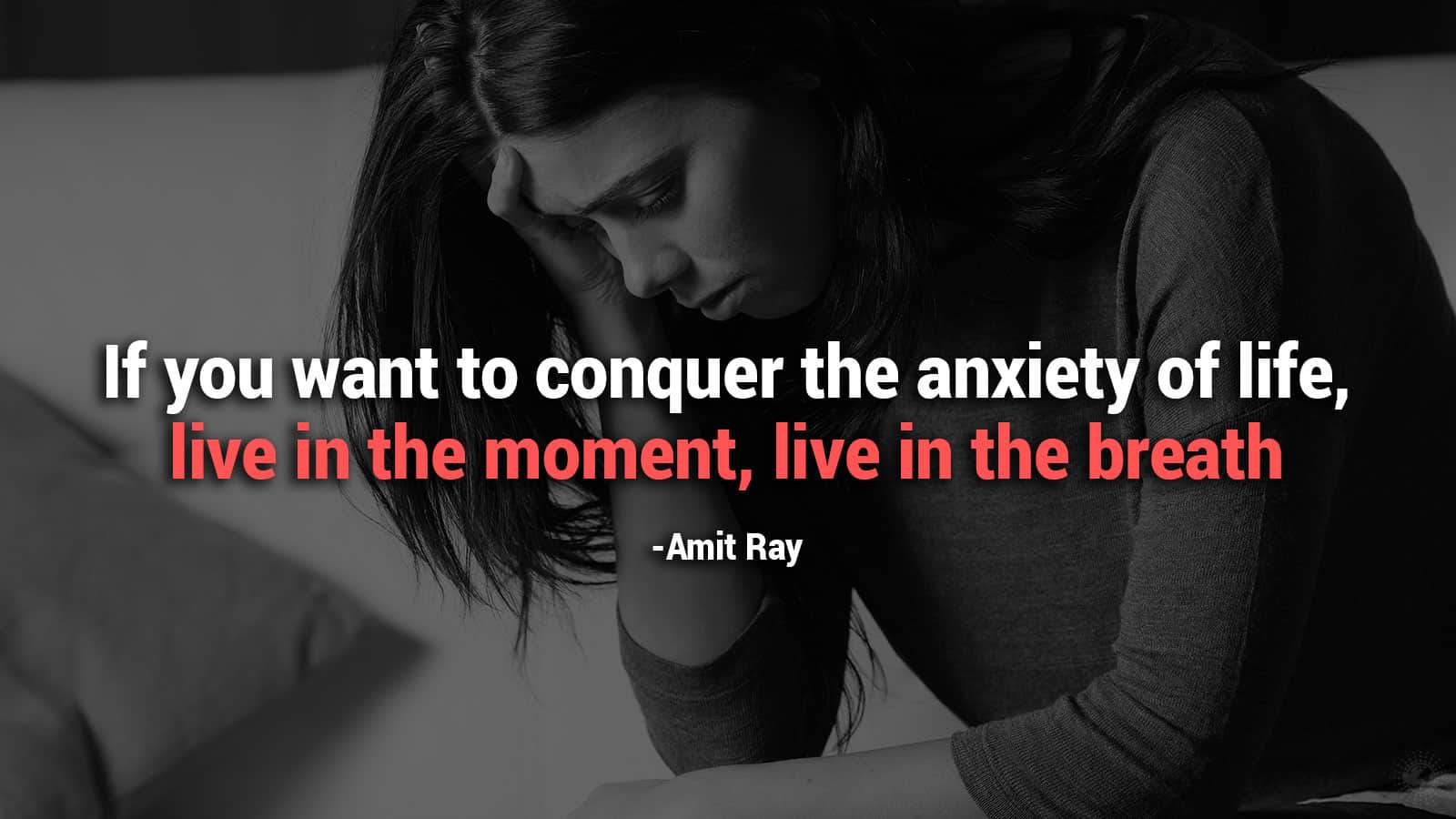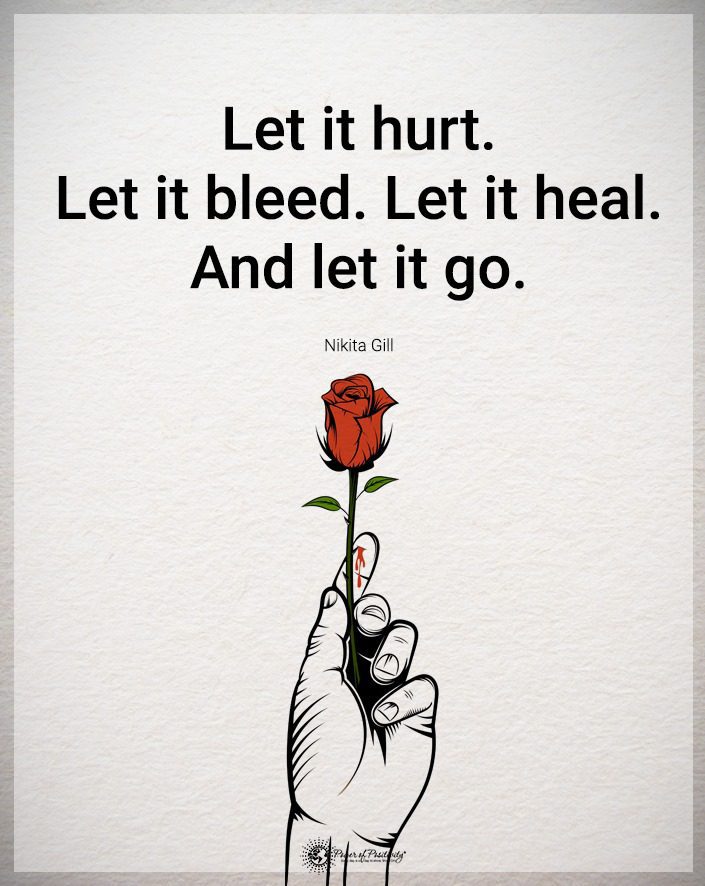Certain lifestyle factors and circumstances can trigger anxiety, but personality traits like pessimism may also exacerbate nervousness. Our attitude about life colors every experience, so having a negative outlook will lead to more unpleasant outcomes. Of course, optimists also struggle with their mental health sometimes, but pessimistic people seem to get stuck in a rut more often.
They may eventually find it easier to dwell on negativity than try to move past the feelings. That way, nothing disappoints them since they’re already in a sour mood. There’s nothing wrong with accepting the darker aspects of life rather than running from them. But, it becomes a problem when people start to anticipate or wallow in despair.
Pessimism can affect everything from decision-making skills to physical health, proving that our thoughts and moods directly influence reality. Having a cynical personality can lead to inaccurate predictions and cloud judgment. That’s the premise of a recent study investigating how student expectations of exam grades can reveal their overall outlook on life.
“Whether we are conscious of it or not, we’re always forming expectations,” said Aaron Heller, senior author in the study and an associate professor in the Department of Psychology. “Whenever our expectations turned out to be wrong, they become a learning signal that we use to form better expectations in the future.”
Pessimistic people tend to have low expectations of themselves and others to avoid being let down. However, this usually sets them up for mental health problems like anxiety in the future.
The study authors wrote, “Individuals with elevated negative emotionality, a personality trait linked to the development of anxiety disorders, displayed a global pessimism and learning differences that impeded accurate expectations and predicted future anxiety symptoms.”
Below, we’ll discuss the study in greater detail and provide some coping mechanisms for anxiety.
Study Proves the Link Between Pessimism and Higher Anxiety

Earlier prediction error (PE) studies performed in a laboratory used simulations involving small financial rewards. However, since the tasks were relatively low-risk, researchers wanted to know if PE learning would occur with higher-stakes tasks. They investigated students’ expectations about their exam grades in a chemistry class at the University of Miami.
The researchers gathered data from 625 college students who agreed to share their grades for four tests taken during the semester. Following each exam, the students sent predictions about their scores to Heller and his colleagues, ranging from zero to 100. In previous smaller studies, the data revealed that many students exhibited an “optimistic learning bias,” meaning they learned more from positive and discounted negative experiences.
The current study published in the journal Science Advances had similar findings. Overall, most students tended to favor optimistic learning, absorbing more information when they performed well on tests. However, the students who reacted to the world with pessimism took a different approach.
“When the more optimistic students received a lower score than they anticipated, they changed their expectations appropriately, but did not overcorrect following these disappointments on the next exam. But the students who were more pessimistic tended to predict they would get a lower score on a subsequent exam even if their last grade was slightly higher than what they predicted,” said Heller.
Pessimism Leads to Inaccuracy and Confusion
“This led them to be more inaccurate in what they expected overall, and due to how they learned, predicted whether students would develop symptoms of anxiety later on in life,” he continued.
When the positive group performed worse than expected, they adjusted their expectations accordingly. However, they still believed they could earn good grades in the future. On the other hand, the students who displayed pessimism didn’t think they could replicate a high score on a test.
The study proves that exam grades alone did not influence the students’ emotions. Instead, their expectations about their scores seemed to have a more pronounced effect.
“Helping people to have more accurate expectations is an important treatment option for things like anxiety and depression,” said Heller.
Unfortunately, those who tend to be pessimistic may avoid adverse and unpredictable events. Since they are more sensitive to prediction errors, they shield themselves from future pain by relying on pessimism.
But this may backfire, leading to increased anxiety due to anticipation of a future adverse event. The study authors followed up with the participants three years later and found that pessimistic people had higher anxiety levels.
Three Ways to Reduce Anxiety
- Practice mindfulness. That doesn’t mean you have to enjoy what’s happening around you. It simply means you have accepted the outcome, good or bad, and have a neutral outlook on the event. Studies show that yoga and meditation help balance the mind and reduce anxiety.
- Get daily exercise. Flooding your mind and body with feel-good hormones by breaking a sweat can quickly quell anxiety. Even when you’re drowning in pessimism, try to get at least 30 minutes of moderate- to high-intensity exercise. You’ll feel much calmer and more capable of handling whatever life throws you.
- Take adaptogens. Supplements called adaptogens can help you manage stress more effectively and feel more peaceful. One of the most popular is ashwagandha, a medicinal herb used in India for centuries. Countless studies have provided evidence of its powerful positive effect on mental health. In one study, sixty people took 240 mg of ashwagandha daily for two months and had dramatic reductions in anxiety levels.
These are just a few tips on ways to lower anxiety levels. Others include:
- Getting enough sleep.
- Eating a balanced diet.
- Laughing with friends.
- Spending time in nature.
You deserve to feel your best, so release pessimism and focus on the things that spark joy in your heart.
Final Thoughts on How Pessimism Can Make You Anxious
A pessimistic outlook means you might always believe the worst will happen. You can never enjoy life to the fullest. Pessimism causes you to live with constant fear and uneasiness about future events, taking you away from the present moment. While it isn’t easy to change your mindset, being more positive will help you see the world more clearly. Negative situations or experiences may happen, but they won’t ruffle your feathers if you have realistic expectations. Optimism means recognizing the darkness in life but being brave and confident enough to shine anyway.



















